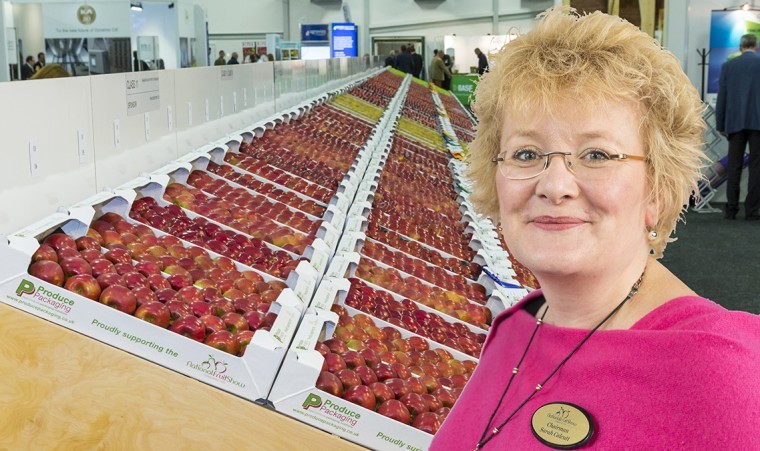It has taken more than a little vision and considerable courage to get them where they are but courage in their convictions is paying dividends with a change in financial fortunes and many happy customers. Elsewhere in this edition there is coverage on diversification, energy saving and grant opportunities, there is capital funding available as well as a lot of advice on working assets and capital growth.
Before Christmas I attended one of the excellent Westminster food and farming forum this time on CAP reform. The whole briefing was an eye opener for me, working with horticultural businesses has removed me from CAP for a while, our sector is ineligible for much of the funding and schemes that roll out of CAP and it surprised me how much appears not fit for purpose. Capital grants are still available through the Local Enterprise Partnerships – the one for the South East has a good chunk of the €221m total pot for UK with horticulture able to secure funds, though we are to lobby our representatives strongly on the needs of the sector. Repeatedly we were urged to push back information, to be proactive in supplying information into the policy and grant structure authors, something that was also said by the DEFRA Horticulture and potatoes team at the fruit show this year. The next round of consultation begins now, pre spring budget and election, there is still a need to reinforce the messages broadcast by such groups as the Kent Rural Plc, that there is a vibrant industry making significant contributions to GDP, supporting innumerable rural businesses and delivering significant employment opportunities. Skills and training are supported by the Leader + cluster of funding, regional training groups and organisations such as FARMA hold the funds and are also responsible for making the next round of applications that are due in during April.
Some of the information from the CAP briefing was, frankly, terrifying. Almost 70% of Welsh farmers are economically unviable without subsidy and conversations with Agricultural banking representatives at the event revealed their fears that something approaching 50% of arable units are in a similar situation. Farming subsidies aimed at a common denominator across Europe mean that they cannot farm without the support but under the scheme they cannot innovate and change systems to improve their businesses without becoming ineligible. The scheme is aimed at the average European farming business after all, a scheme which takes a medium sized business as being 8ha where in the UK a medium farm (and potentially at the threshold of viability in the current market) is something like 80ha. Capital grants are also under threat, as part of the devolved governance structures Scotland has already dropped the grant scheme for all bar crofters, Wales appears to be following suit as their financial governance structure devolves further. There was some concern at the briefing as to what David Cameron might decide to do as part of the proposed renegotiation of the British relationship with Europe. If our own government doesn’t have an accurate picture of the needs of our industry, how are they going to understand what we need in the future, what we are capable of? This is no longer just about grant support, equivalence is needed – to demonstrate that within member states there is a need to show a national average and map that against equivalent national averages. One average figure from across the whole of Europe just isn’t fit for purpose, they need to embrace our innovation and pioneering work in the UK, the compromise comes down to the lowest common denominator and rotating crops is not an innovation. We need focus on tackling food security and innovation, things which are restricting to our innovators and environmental reformers.
What form should the cap take in its next seven year enhancement? Probably it needs to be tackling food security and climate change but how do we persuade Europe to deliver the reform this country needs? Early engagement with member states, MEPs and stakeholders to improve shared understanding of what CAP expenditure should be for has to be essential, we have to utilise every opportunity. ‘Jobs and growth’ is the wrong focus for a primary production sector but could provoke a debate on how to ensure a transition to a more efficient productive and sustainable sector. Environmental and climate challenges will gain in prominence and the lack of impact of ‘greening’ will be a major political problem for the commission.
Our Christmas and new year was spent with my cousin and his sons, he was brought up on a highly commercial arable estate farm spending some school holidays working for a French farming collective – each member farming around 7ha, about the European medium unit according to CAP stats. He now lives in Texas where the primary concern is feeding the population, field sizes are vastly different, mechanisation and computerisation are delivering enormous efficiencies and also crop and environmental management data. Many of the challenges handed down by the USDA sounded very similar however, especially the employment and environmental ones.




